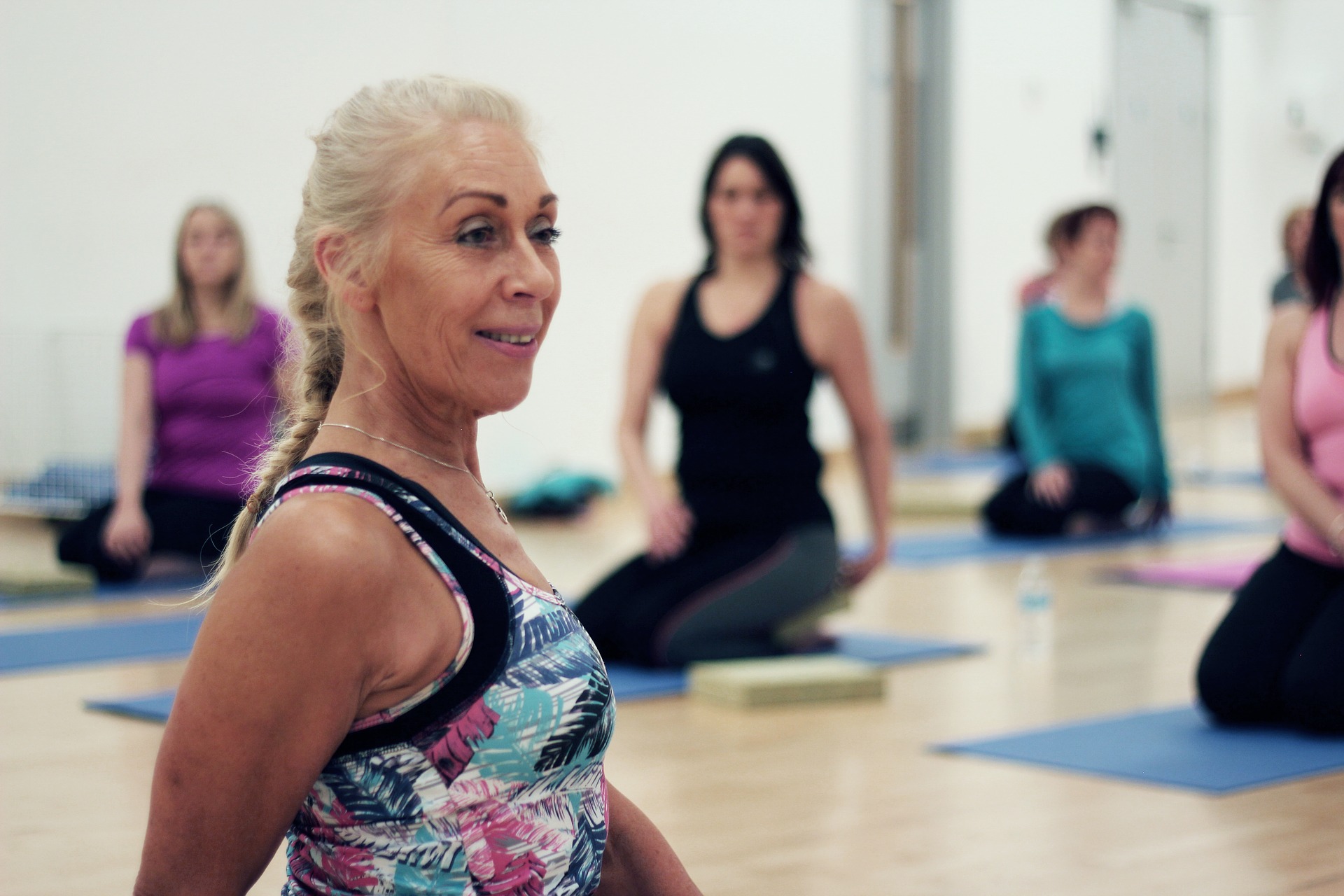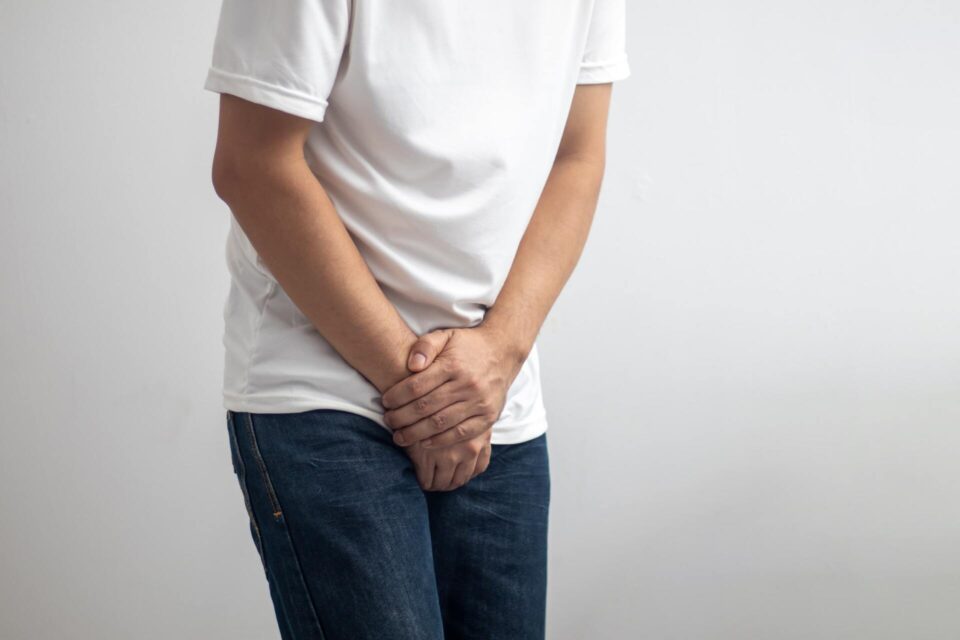Author: Northwoods Urology

Women who suffer from urological problems often don’t realize how common and treatable they are. Life with these problems can be frustrating and inconvenient. With the right care, women can see considerable difference in just a short amount of time. So, if you are suffering from any of the symptoms listed below, then consult a urologist to get treatment.
Here are the most common urological issues for women and how to treat them.
Postpartum Incontinence
After having children, incontinence can be a common issue for women. Typically, this occurs in women in their late 30’s and older. Laughing, coughing, sneezing or jumping can cause unintentional leakage. Being overweight an also be a contributing factor to leakage. To solve the problem, women with urinary incontinence should get a physical exam and evaluation from their urologist. Often this issue can be cured simply through physical and behavioral therapies. Some examples are reducing water and caffeine intake and strengthening the pelvic floor muscles with specific exercises. If no improvement is seen after a considerable amount if time, then surgical options are available as well.
Urinary Tract Infection
Another common problem among women is urinary tract infections. It is characterized by cloudy or unusual smelling urine accompanied by burning, pain, urgency and frequency with urination. Some women notice these symptoms several times a year. To combat the issue ask you urologist about specific foods and drinks to avoid and which to consume, like more water. Also, when seeking treatment, consult a urologist before taking antibiotics, as over-consumption can result in resistance.
Overactive Bladder
With overactive bladder, women complain of having to urinate too often. This is especially annoying as it can happen at all hours of the night. Overactive bladder is more common in women as they get older, and it’s an issue for women and men alike. Doctors aren’t exactly sure what causes it, although lifestyle factors can contribute. These may include too much caffeine, diuretic medications, and drinking habits. By adjusting those factors and eliminating some of them, like caffeine, you may see some improvement. Physical therapy may be a good option to consider and, in some cases, nerve therapy solves the problem.
Pelvic Floor Issues
Most commonly after childbirth, women can suffer from muscle control issues in their pelvic floor. The pelvic floor is the group of muscles shaped like a bowl that support the bladder, vagina, and rectum. Those muscles can get inflamed and irritated and women can have trouble relaxing them enough to urinate well or pass a bowel movement. This can also cause tension and pain during intercourse, painful urination, and lower back pain. To treat the issue a urologist will typically recommend pelvic floor therapy on a weekly basis. This will help women identity and relax affected muscles. Some vaginal medications and muscle injections may be prescribed as well.
Pelvic Organ Prolapse
Again, childbirth can cause several urological problems with women, including pelvic organ prolapse. This happens when the walls and muscles of the vagina get weakened, causing the organs around them to become displaced from their normal positions. Women notice this most often as a feeling of a bulge in the vagina or trouble sitting comfortably. Patients who suffer from pelvic floor prolapse can have surgery to correct the issue if pain or discomfort are constant issues. Otherwise, certain physical therapies or the application of a rubber diaphragm into the vagina can help.
Although these issues are common in women, they are all treatable and curable. If you are suffering from any of these issues and would like to get a professional opinion, please call Northwoods Urology today. We’ve helped thousands of patients with exceptional care and want to help you get back to loving life.





